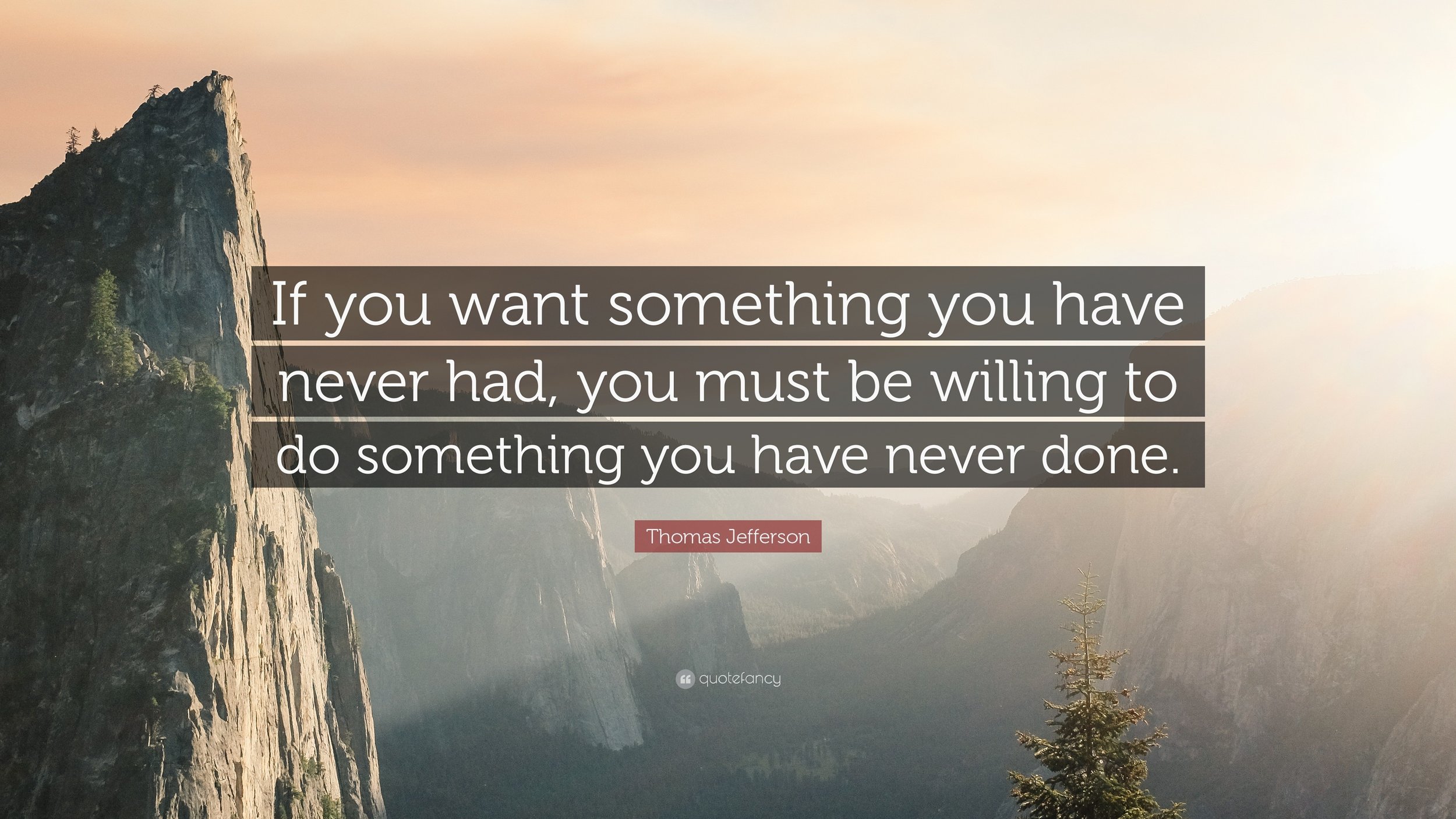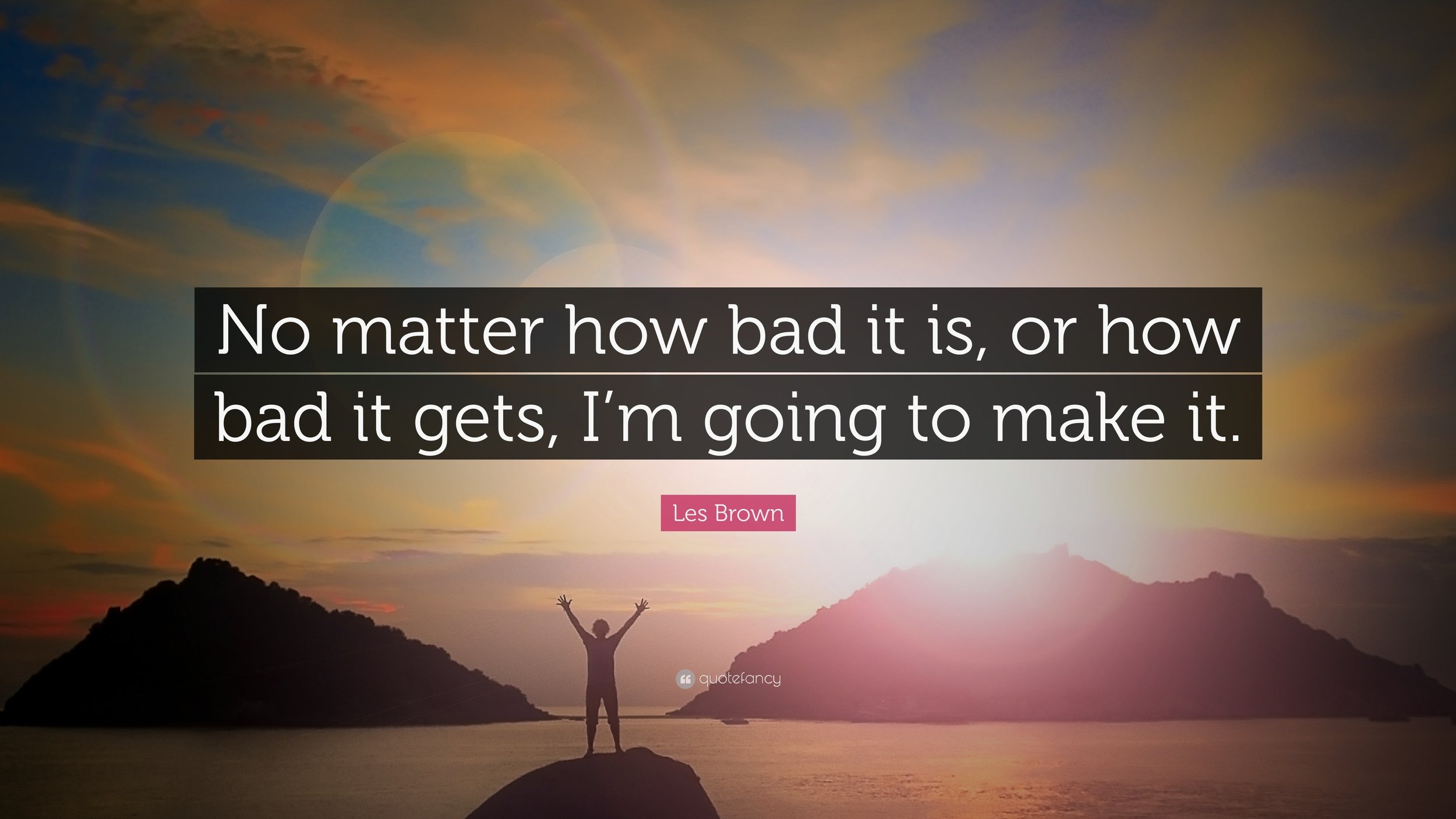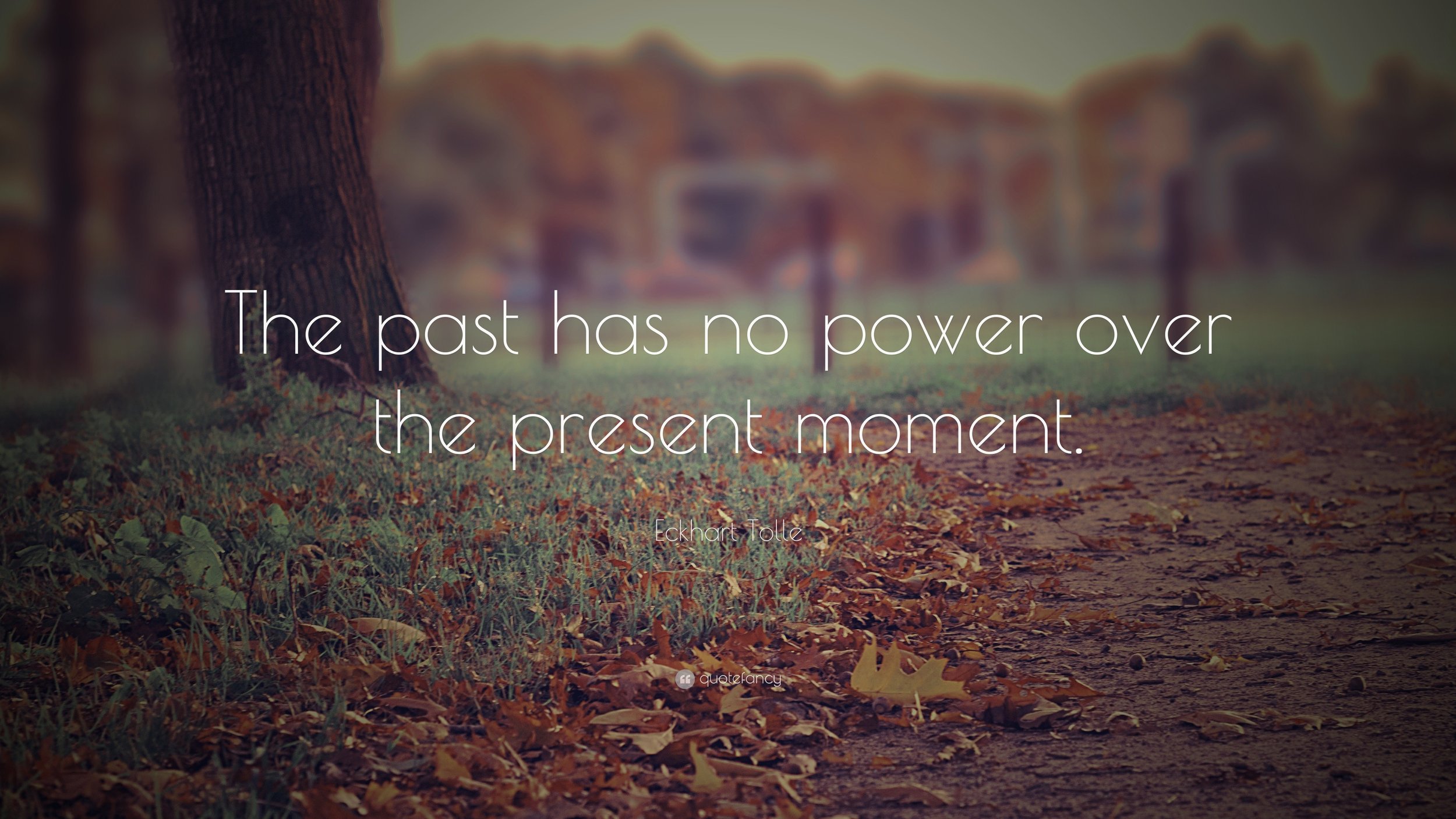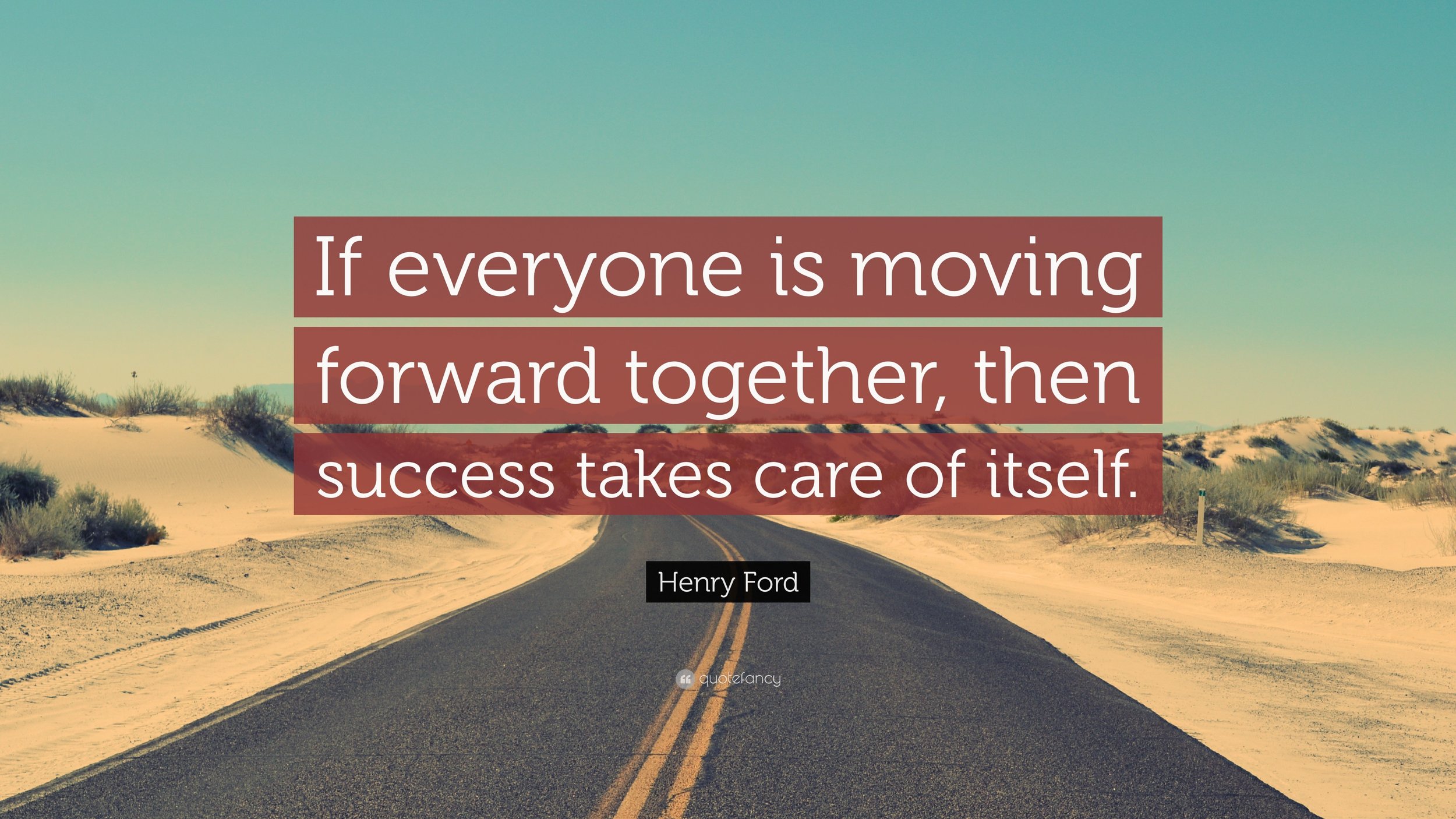
How to Stop Overthinking: Tools to Quiet Your Inner Critic
Do you ever feel like your mind won’t stop talking? Maybe you lie in bed at night thinking about something you said, something you did, or something that might happen tomorrow. That is called “overthinking”, and it can make you feel very tired, sad, or even scared.
You’re not alone. Lots of people overthink. The good news is, you can learn to quiet your thoughts and feel more calm. Let’s talk about what overthinking is, why it happens, and some simple ways to help your brain slow down.

How to Romanticize Your Life: Investing in Yourself and Your Relationships
With it being February, there is a lot of focus on relationships and companionship. There is a primary focus on romantic relationships. However, I want to challenge you to tap into another very important relationship: the relationship you have with yourself. Whether you are single or in a relationship, it is important to maintain a healthy balance between focusing on yourself, growing as a person, and building strong relationships with friends, family, and your community. While some people may associate solo time with being lonely, the truth is that it is a time full of exciting opportunities. When you invest in yourself and your connections with others, life can feel rich and full of joy.

How to Be More Productive: Goals vs. Systems
With the New Year upon us, you most likely have been reflecting on what you would like to accomplish this upcoming year. You may be thinking about different skills or habits that you want to add to your routine, like reading more books, being more physically active, or keeping your home and personal space more organized. Maybe you have a big goal in mind for yourself, like, "I will read 50 books this year," or "I will save $1,000 in an emergency fund." Goals can be great, however there is another way to increase productivity: setting up systems or routines. Let’s talk about the difference between goals and systems and which one might work best for you.

10 Tips to Help with Seasonal Affective Disorder
As the seasons change, and the days seem to become shorter some people feel a little more sad or more tired than usual compared to the warmer months. This is called Seasonal Affective Disorder, or SAD for short. It usually happens in the fall and winter when there is less sunlight, and the temperatures begin to shift. But don’t worry! There are ways to feel better and make the most of every season of life. Here are 10 tips and strategies to help you feel happier during the colder months.

10 Fun Sober Summer Activities for People In Recovery
Summer is here, and it's the perfect time to enjoy the sunshine and have fun with friends and family. If you're in recovery and looking for fun and creative activities that don't involve alcohol or drugs, there are plenty of exciting things to do. Here are 10 fun ideas to make your summer memorable.

Teamwork in Mental Health: The Key to Better Care
Collaborative care is more than sharing views; it’s about improving the treatment process by including several different diverse insights and expertise. It’s a team and collective effort where, for example, a therapist’s understanding can broaden a psychiatrist’s view and vice versa.

Food and Mood: The Connection Between Your Diet and Emotional Well-being
The link between food and mood is closely related. One way in which food influences your mood is through its impact on neurotransmitters in the brain. Neurotransmitters are chemicals responsible for regulating mood, sleep, and various essential bodily functions. Imbalances in neurotransmitter levels can result in a spectrum of mental health conditions, including depression and anxiety.
